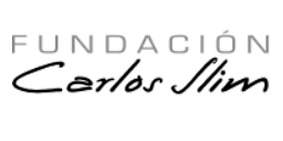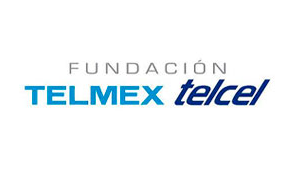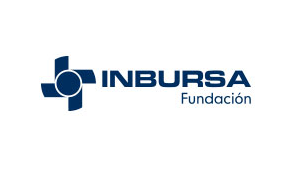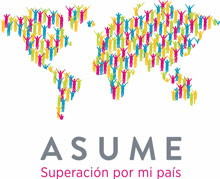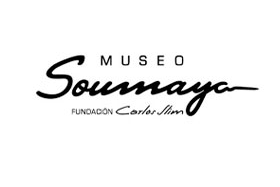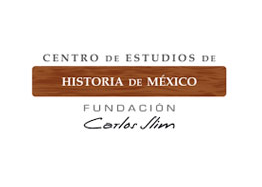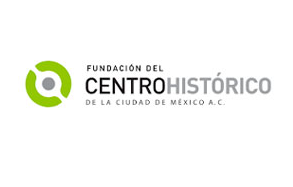Central America and Dominican Republic Identify Actions to Improve Access Medicines and Supplies
The workshop “Identification of actions to improve access to drugs and supplies for maternal and child health care and sexual and reproductive health” was held in San Salvador from March 8 to 10. The event was coordinated by the Executive Secretariat of the Council of Ministers of Health of Central America and the Dominican Republic (SE-COMISCA), with the support of Mesoamerican Health Initiative (MHI) of the Inter-American Development Bank (IDB) and John Snow Inc. (JSI).
Key institutions in the procurement of medicines and inputs from the eight countries that make up the Central American Integration System (SICA) –which includes the seven countries participating in MHI and the Dominican Republic– participated in the workshop with the purpose of identifying a strategy to improve drug access to the medicines and supplies needed for maternal and child health care and sexual and reproductive health (SRH), leading to the use of a Joint Price Negotiation mechanism to produce large scale economies, price reduction and harmonization; and thus, generating savings for the national public contracting systems, while maintaining the same quality in inputs and medicines.
SE-COMISCA, through the Sub-regional Technical Medicines Commission (CTSM), following the instructions of the Council of Ministers of Health of Central America and the Dominican Republic (COMISCA), aims to significantly and strategically expand the harmonized list of medicines; and –in collaboration with the MHI-IDB– articulate the negotiation to establish a regional plan to eliminate or reduce the bottlenecks and difficulties faced by the logistics chain of the countries of the region. This is intended to facilitate access to medicines and medical devices for health care of Central American population.
Three important results were achieved: a technical consensus to incorporate 35 for SRH care, obstetric emergencies and maternal and child services; the identification of 6 medical supplies that may generate interest in a joint negotiation, thus exploring the expansion of this cost containment mechanism for other articles; and finally, identification of common regional challenges in the integral management of medicines and general work lines on key components of the logistics cycle, which will allow future actions to support the improvement of performance in terms of needs identification, scheduling, procurement, IT systems, transportation and distribution processes.
The Mesoamerica Health Initiative is a public-private partnership that seeks to reduce health gaps in the Mesoamerican region, integrated by Carlos Slim Foundation, Bill & Melinda Gates Foundation, the Government of Spain, the Inter-American Development Bank (IDB), the Governments of the seven Central American countries and the state of Chiapas, Mexico.
Particularly, the initiative is focused on reducing health gaps in maternal health, vaccination and child nutrition, in the region. Currently, it benefits about 1,000,000 women of reproductive age and an estimated population of more than 600 thousand children under 5 years old.
Thanks to the initiative, in the 7 countries of Central America and the state of Chiapas, the availability of medical equipment for pregnancy care, training of health personnel, and the availability of medication for delivery care, vaccines and supplements has been improved for the adequate nutritional development of children.



